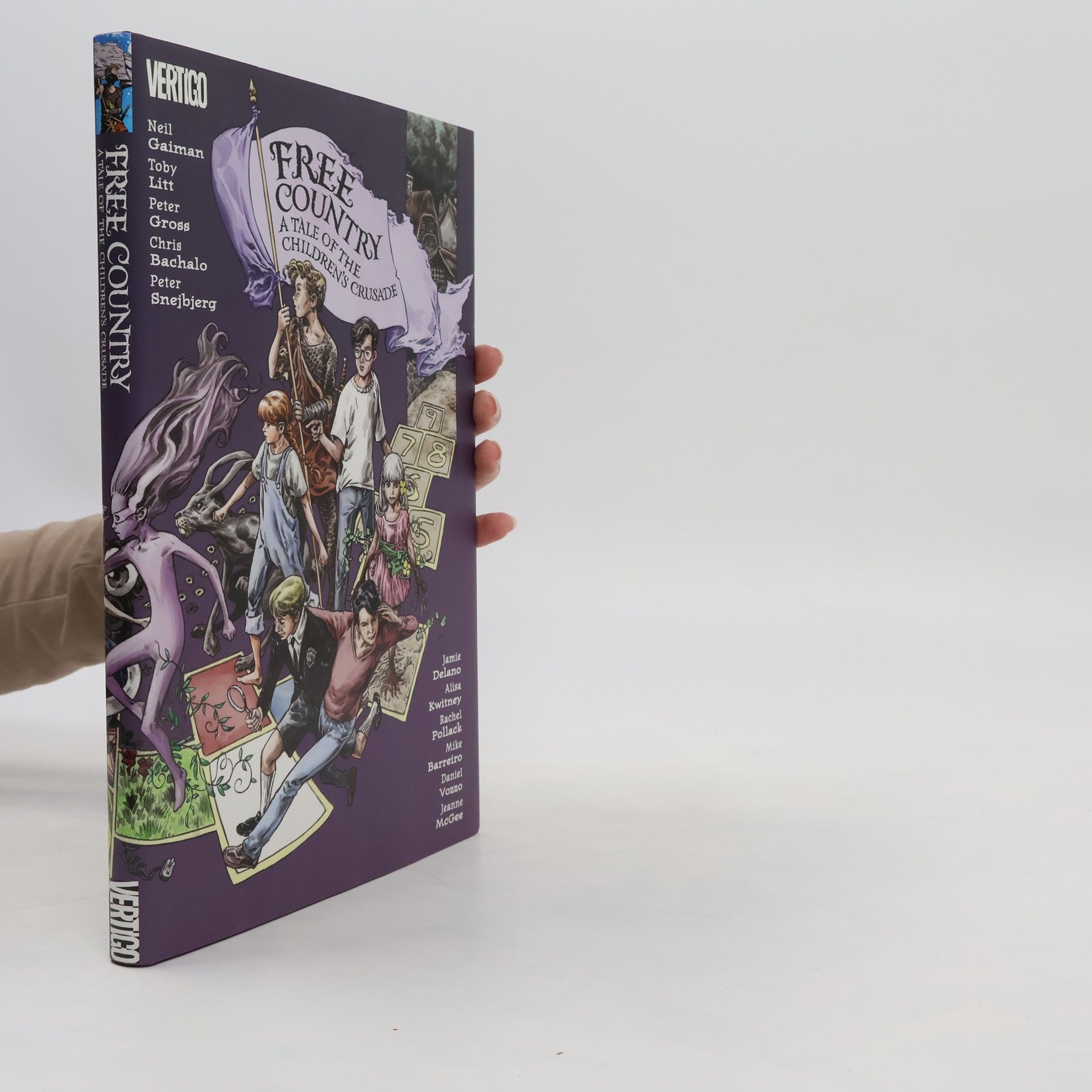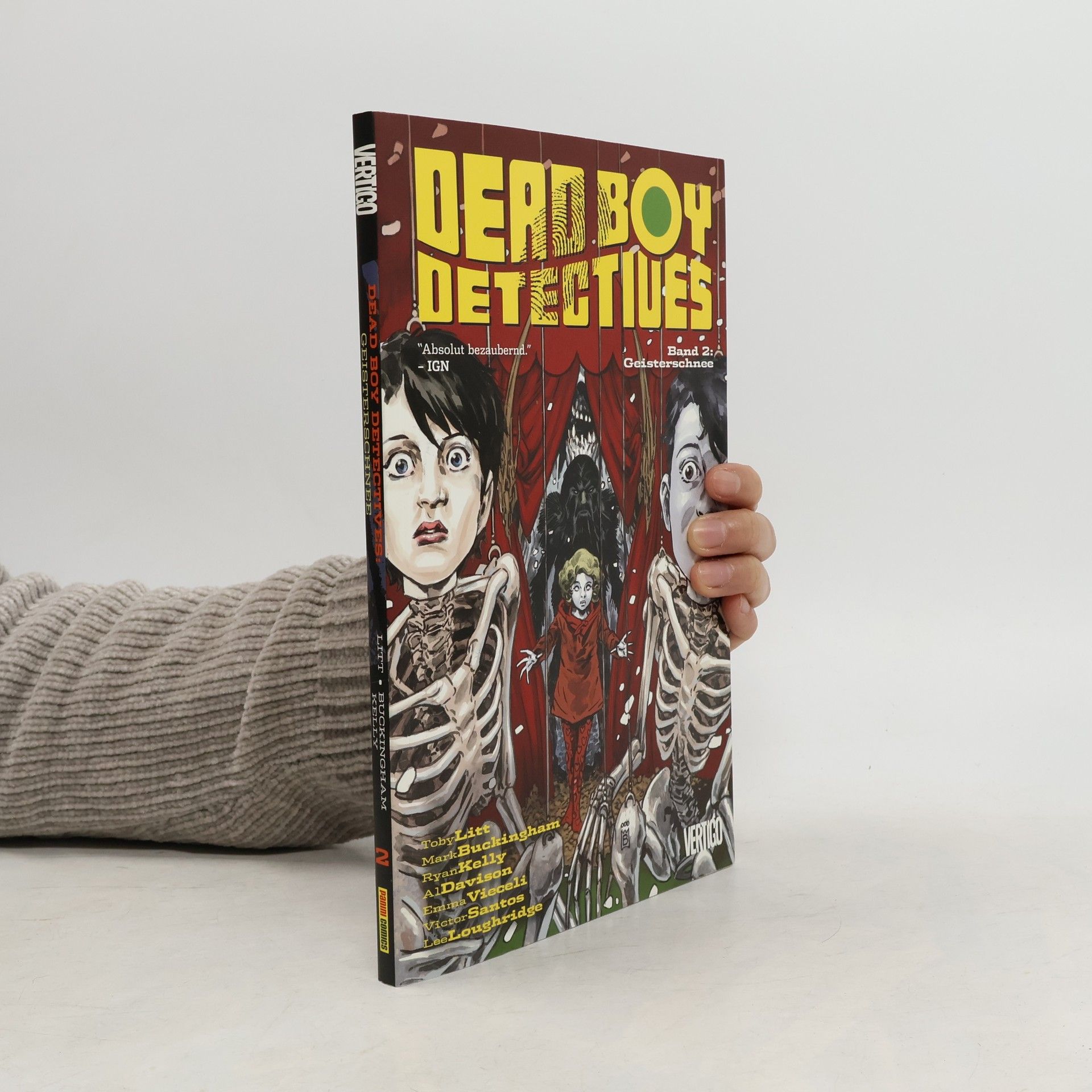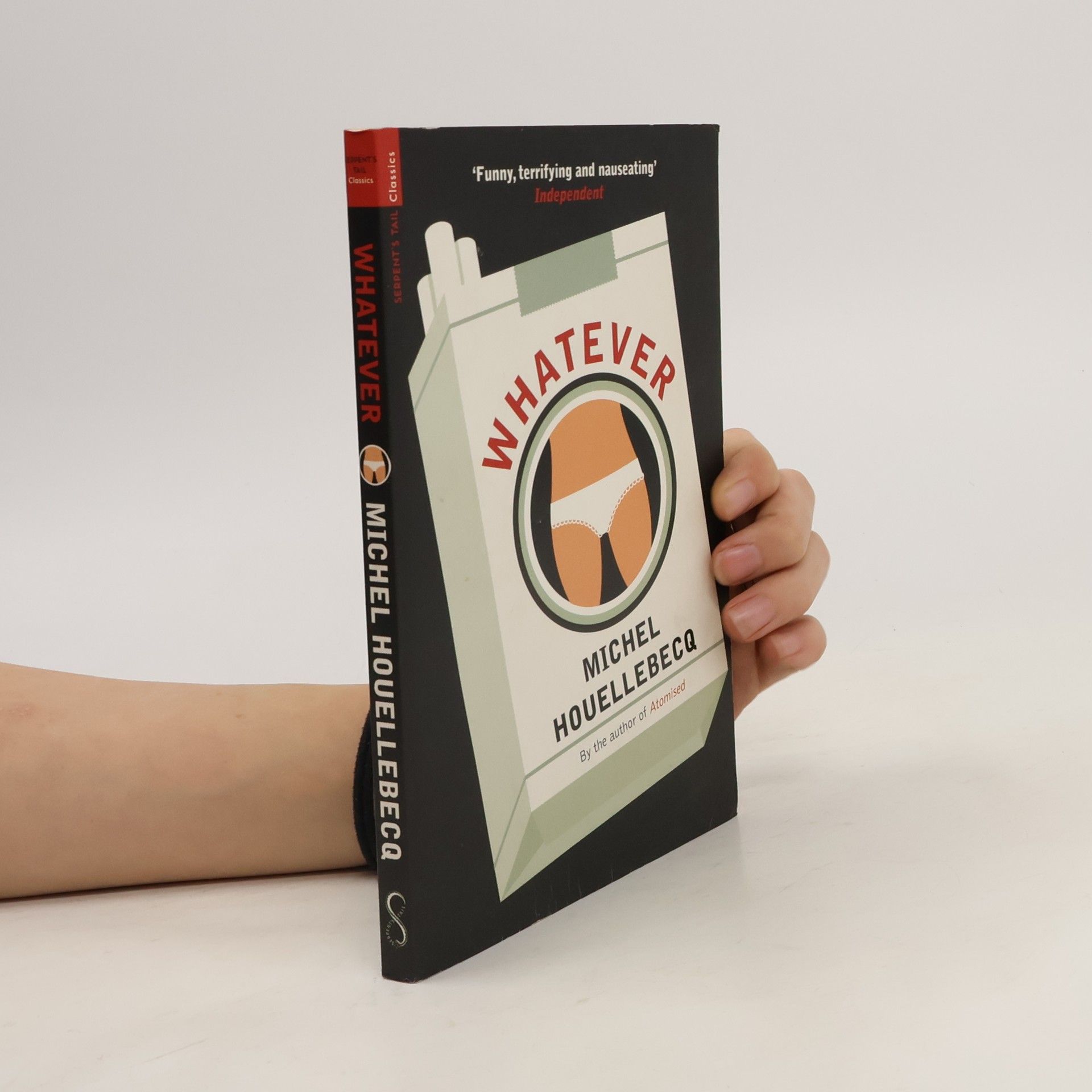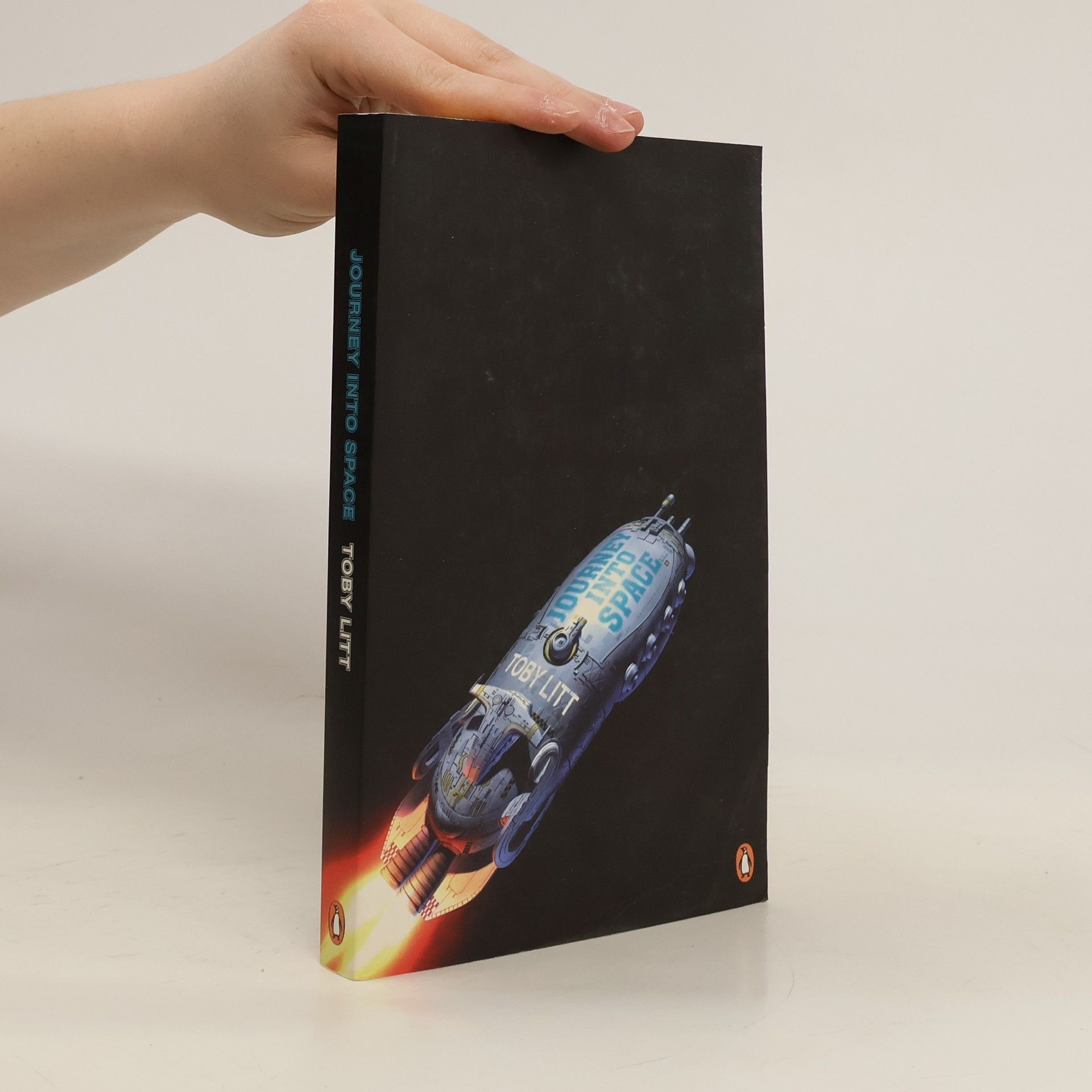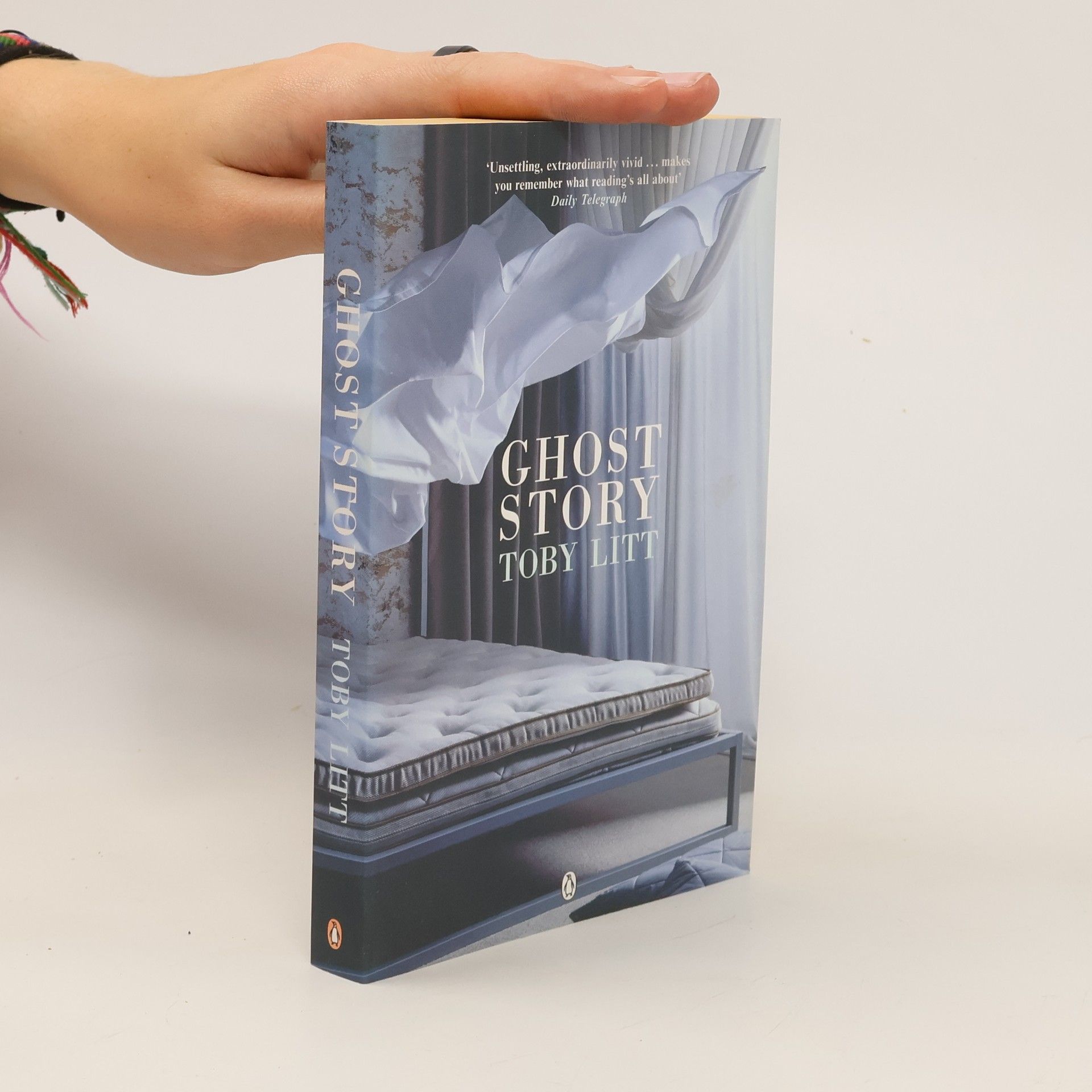This anthology presents 32 science fiction short stories inspired by the prophetic dystopias of J. G. Ballard, a titan of 20th-century literature. Featuring contributions from notable authors like Will Self, Iain Sinclair, Christopher Fowler, Chris Beckett, and a new Jerry Cornelius story by Michael Moorcock, it pays homage to Ballard’s unique vision of a bewildering and alienating world. Ballard’s works, including Empire of the Sun, Crash, and Cocaine Nights, explore the disjointed nature of contemporary reality and classic dystopias such as The Drowned World and High Rise, leaving an indelible mark on literature. This groundbreaking collection, edited by Maxim Jakubowski and Rick McGrath, showcases the uncanny and uneasy relationship between humanity and the future, reflecting Ballard’s influence on literary and science fiction. The anthology includes stories from a diverse array of authors, such as Jeff Noon, Preston Grassmann, Toby Litt, Christine Poulson, and many more, each offering their interpretation of the themes that Ballard so masterfully explored. Through this compilation, readers are invited to engage with the unsettling visions that define our empires of concrete, seen through the warped lens of Ballard's legacy.
Toby Litt Book order (chronological)
Toby Litt is recognized for his exploration of the boundaries of sexuality and masculinity through a penetrating and often provocative style. His works delve into themes of identity, desire, and the complexities of human connection, frequently set against distinct and atmospheric backdrops. Litt's approach to writing is marked by its unflinching honesty and ability to reveal intimate truths about the human experience, offering readers an unforgettable and thought-provoking journey.
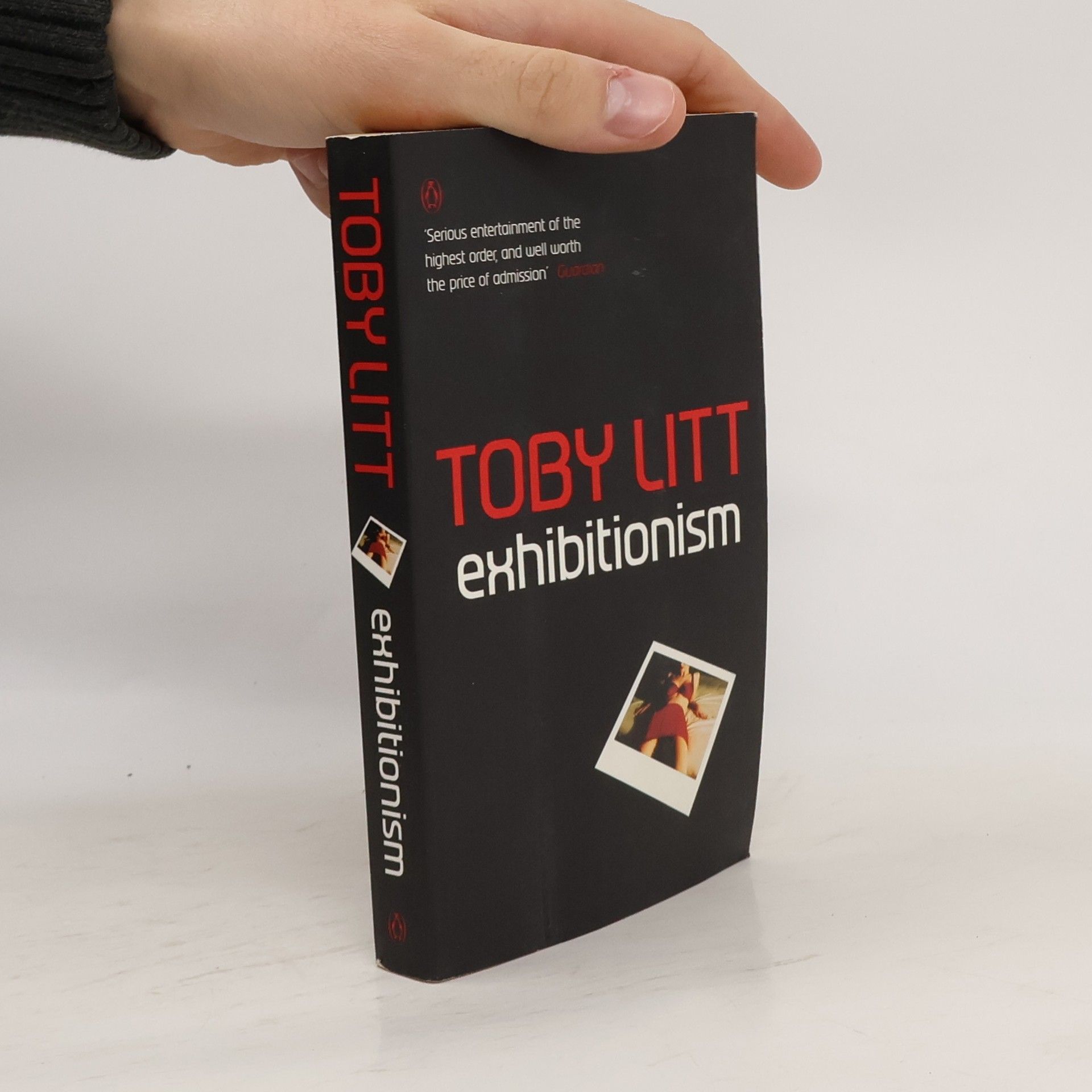


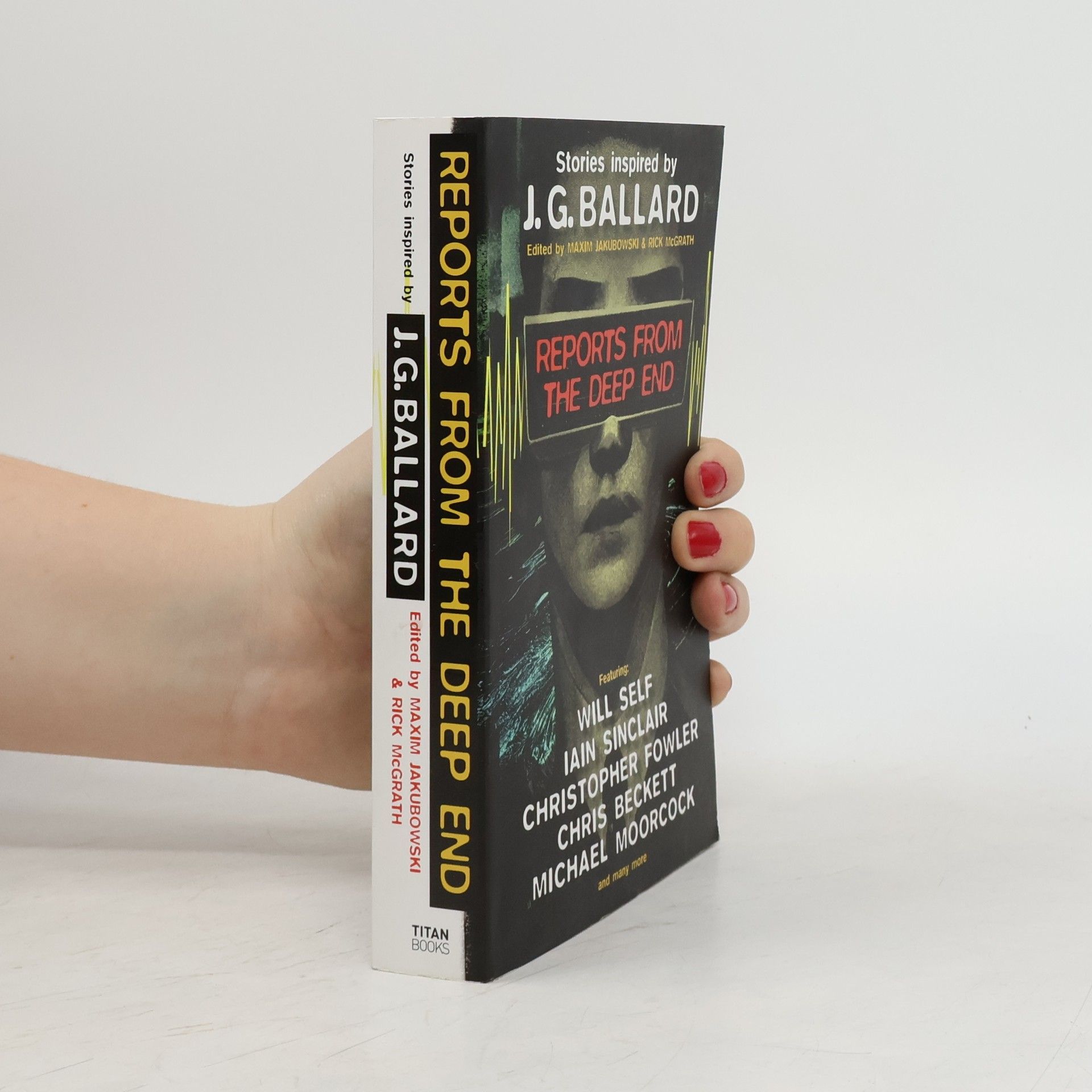

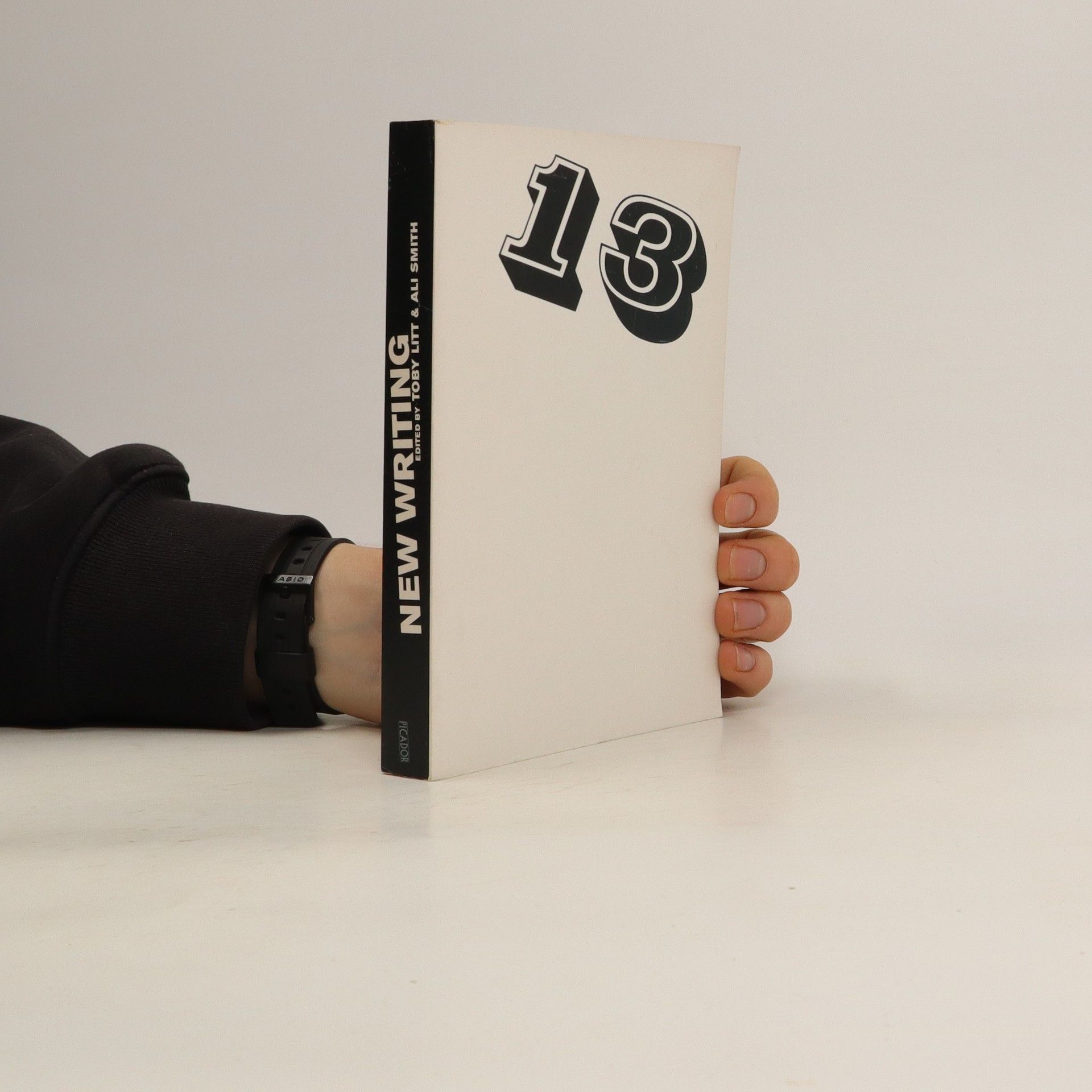
The Dead Boy Detectives Omnibus
- 800 pages
- 28 hours of reading
Set in a world beyond the grave, two boys, Edwin Paine and Charles Rowland, embrace their love for adventure and mysteries as exceptional detectives. Their unique perspective as deceased boys adds an intriguing twist to their escapades. As they navigate the afterlife, they explore themes of curiosity and friendship, engaging in thrilling investigations that blend the ordinary with the extraordinary.
Edwin Paine and Charles Roland have a lot in common - they re both English schoolboys who love a good detective story, and they ve been known to dabble in mystery-solving themselves. They re also both dead, a condition which has proven to be less of a hindrance than one might think.
A Writer's Diary
- 400 pages
- 14 hours of reading
A Writer's Diary is a novel that blends fact and fiction, invention and memoir with joyful creativity and remarkable literary ambition. In it, Toby Litt takes on some of the biggest questions of life and death, not to mention literary as well as human mortality and the steady march of time. At first, A Writer's Diary appears to be exactly what it claims to be. It is a daily summary of the events in a person called Toby Litt's life: his thoughts on creating literature, his concerns for his family and the people he teaches, his musings on the various things that catch his attention around his desk and his immediate surroundings... But as it progresses, questions start to arise. Is this fact? Or is it fiction? (And if it's both, which is which?) Is this a book about quotidian daily routines - one person's days as they unspool - or is something more going on? Is there something even larger taking shape? ... And so, seemingly by magic, an increasingly urgent narrative starts to build - a
Free Country
A Tale of the Children's Crusade
"For the first time, the two-issue miniseries THE CHILDREN'S CRUSADE, written by Neil Gaiman, Alisa Kwitney and Jamie Delano, are collected - and with them, a new chapter written by Toby Litt that completes the tale as Gaiman originally envisioned it. When several children go missing in a small English town, the Dead Boy Detectives are on the case. A series of strange and unexpected twists take them to Free Country, a place that dates back a millennia, where children never grow old and are free from the abuse and tyranny of adults. But Free Country is failing, and what it needs is the strength of five innately powerful children - including the young sorcerer Timothy Hunter - to restore their uncanny world to what it once was. This hardcover collects THE CHILDREN'S CRUSADE #1 and THE CHILDREN'S CRUSADE #2, written by Gaiman with cowriters Alisa Kwitney and Jamie Delano. A brand-new middle chapter written by DEAD BOY DETECTIVES writer Toby Litt and drawn artist Peter Gross (THE BOOKS OF MAGIC, THE UNWRITTEN) completes this compelling tale of ancient history, stolen dreams and lost children. Also featuring a new introduction by Gaiman, plus new cover art by DEAD BOY DETECTIVES artist Mark Buckingham"--
Dead Boy Detectives
- 120 pages
- 5 hours of reading
Edwin Paine und Charles Rowland haben einiges gemeinsam – beide sind britische Schuljungen, die gute Detektivgeschichten lieben, und beide enträtseln selbst gern mysteriöse Fälle. Und beide sind tot, ein Umstand, der weniger hinderlich ist, als man annehmen könnte. Das Problem, mit dem sich die beiden dieses Mal herumschlagen, ist ziemlich weitreichend, und Crystal Palace, die Geister sehen kann und die Tochter eines Rockstars und einer angesagten Künstlerin ist, macht es ihnen auch nicht gerade leichter. Charles weiß nun, dass er eine Halbschwester hat, die er nicht kannte, solange er noch unter den Lebenden weilte. Aber er will die Geheimnisse der zweiten Familie seines Vaters ergründen – Geheimnisse, die seine Mutter vielleicht das Leben gekostet haben. Die Ereignisse führen die beiden zu einem seltsamen Zwischenreich, wo sich die Geister derjenigen aufhalten, die weder tot noch lebendig sind. Doch eine düstere Macht hat die Kontrolle über das Schattenreich übernommen, und eine von Crystals besten Freundinnen sitzt in diesem stürmischen Land fest…
Whatever. A Novel
- 256 pages
- 9 hours of reading
A computer programmer feels reasonably satisfied with his life until he is sent with his colleague, the sexually-frustrated Raphael Tisserand, to train provincial civil servants on a new computer system.
Journey Into Space
- 242 pages
- 9 hours of reading
A vast generation ship hurtles away from a violent, troubled Earth to settle on a distant planet orbiting an alien star. Those who set out on this journey are long-since dead. Those who will arrive at their destination have yet to be born. For those who must live and die in the cold emptiness between the stars, there is only the claustrophobic permanence of non-being. Life lived in unending stasis. Then the unthinkable happens: two souls - Auguste and Celeste - rebel. And from the fruit of their rebellion comes a new and powerful force which will take charge of the ship's destiny. "Journey into Space" is science fiction at its most classic and beguiling: timeless, vast in scope and daring in execution.
Hospital
- 536 pages
- 19 hours of reading
The end of the world doesn't come with a bang or a whimper, but with the chukka-chukka of a helicopter coming into land WELCOME TO HOSPITAL! Hospital is about blue murder and saving lives, having sex and surgery, falling in love and falling from a great height, crazy voodoo and hypnotic surveillance ; it's about the last days and the first days. And the Rubber Nurse knows you've been very naughty and is going to teach you a well-deserved lesson. It's the story of a lost boy wandering the corridors of a strange, antiseptic building, looking and hoping for a chance to get home. And also of a man who won't wake up despite the best efforts of the hospital staff ; and while he sleeps, a threatening darkness settles over everything...
Ghost Story
- 225 pages
- 8 hours of reading
When Agatha and Paddy decide to leave London and buy a house on the coast, they are full of hope for themselves and their growing family � baby Max and a new child on the way. Three months later, when the builders move out and they move in, things look very different. A personal tragedy threatens to destroy all they have carefully built up and only a small miracle, it seems, will save them. . . Ghost Story is a book both haunted and haunting, which asks how we can ever mourn something that hasn�t lived. Emotionally resonant, beautifully crafted and ultimately redemptive, it will take you to the heart of suffering and desire.
